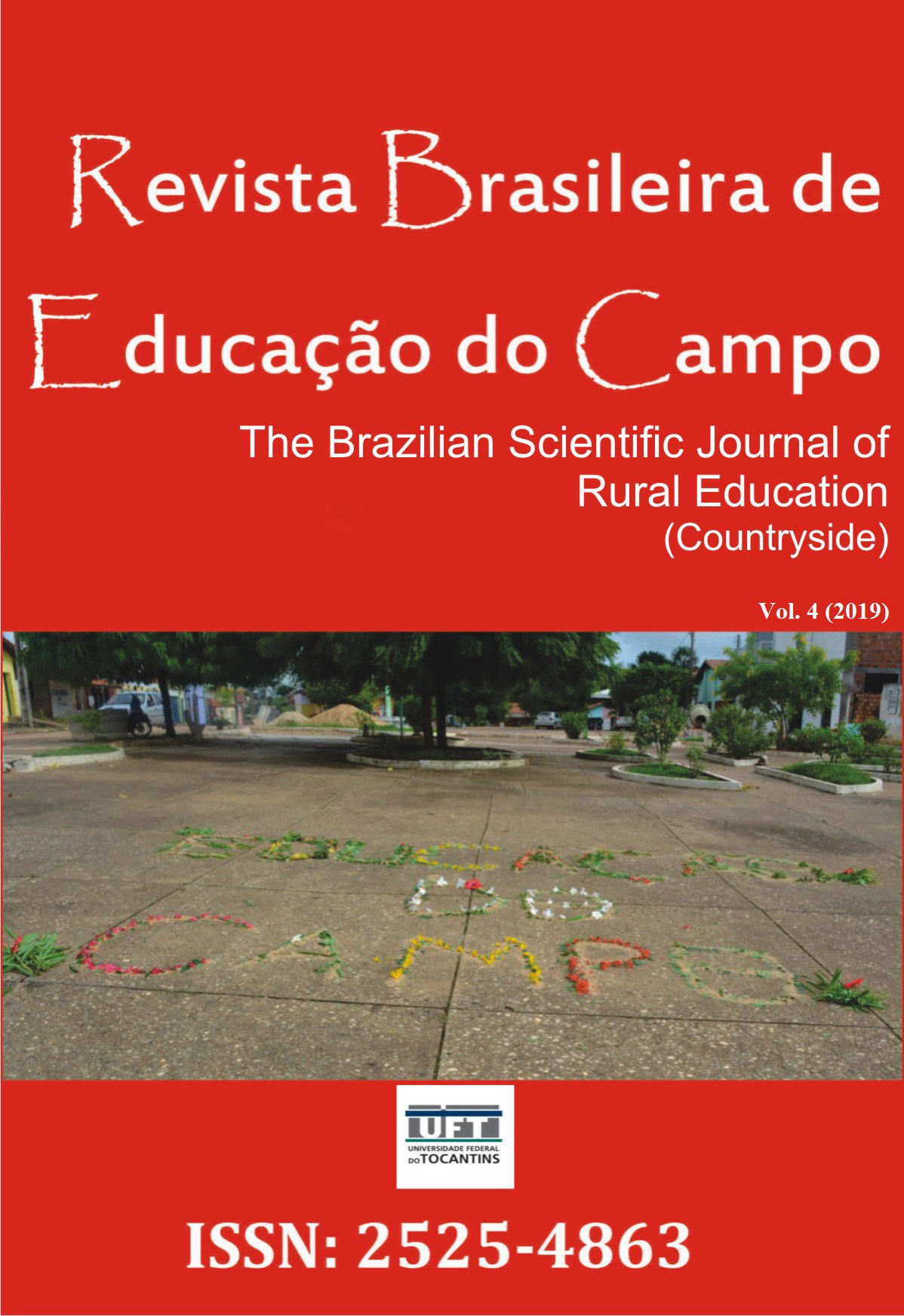The building of an artificial anthill as a proposal of Environmental Education for Rural Education
DOI:
https://doi.org/10.20873/uft.rbec.v4e5739Schlagworte:
UmwelterziehungAbstract
ABSTRACT. This article describes a pedagogical experiment in the field of Natural Sciences, where a workshop was performed to build a didactical model in order to approach concepts, attitudes and values pertinent to the purpose of the Environmental Education, in the context of Rural Education. It is a qualitative research, of exploratory nature, characterizing as a case study about the actions and goals of the investigated object. Questionnaires and categorization of content analysis were used in order to interpret the data (Bardin, 2006). The workshop enabled the learning of concepts from the cooperativism subject, involving students in the process of acquiring scientific knowledge and values contextualized with their everyday routine. In the Rural Education these educational practice are necessary, so that the feeling of belonging to the environment, the richness of social relations and the potentialities of nature are contemplated in rural educational context.
Downloads
Veröffentlicht
Zitationsvorschlag
Ausgabe
Rubrik
Lizenz
Creative Commons Attribution License
Creative Commons Attribution License
Proposal for Copyright Notice Creative Commons
1. Policy Proposal to Open Access Journals
Authors who publish with this journal agree to the following terms:
A. Authors retain copyright and grant the journal right of first publication with the work simultaneously licensed under the Creative Commons Attribution License that allows sharing the work with recognition of its initial publication in this journal.
B. Authors are able to take on additional contracts separately, non-exclusive distribution of the version of the paper published in this journal (ex .: publish in institutional repository or as a book), with an acknowledgment of its initial publication in this journal.
C. Authors are permitted and encouraged to post their work online (eg .: in institutional repositories or on their website) at any point before or during the editorial process, as it can lead to productive exchanges, as well as increase the impact and the citation of published work (See the Effect of Open Access).














